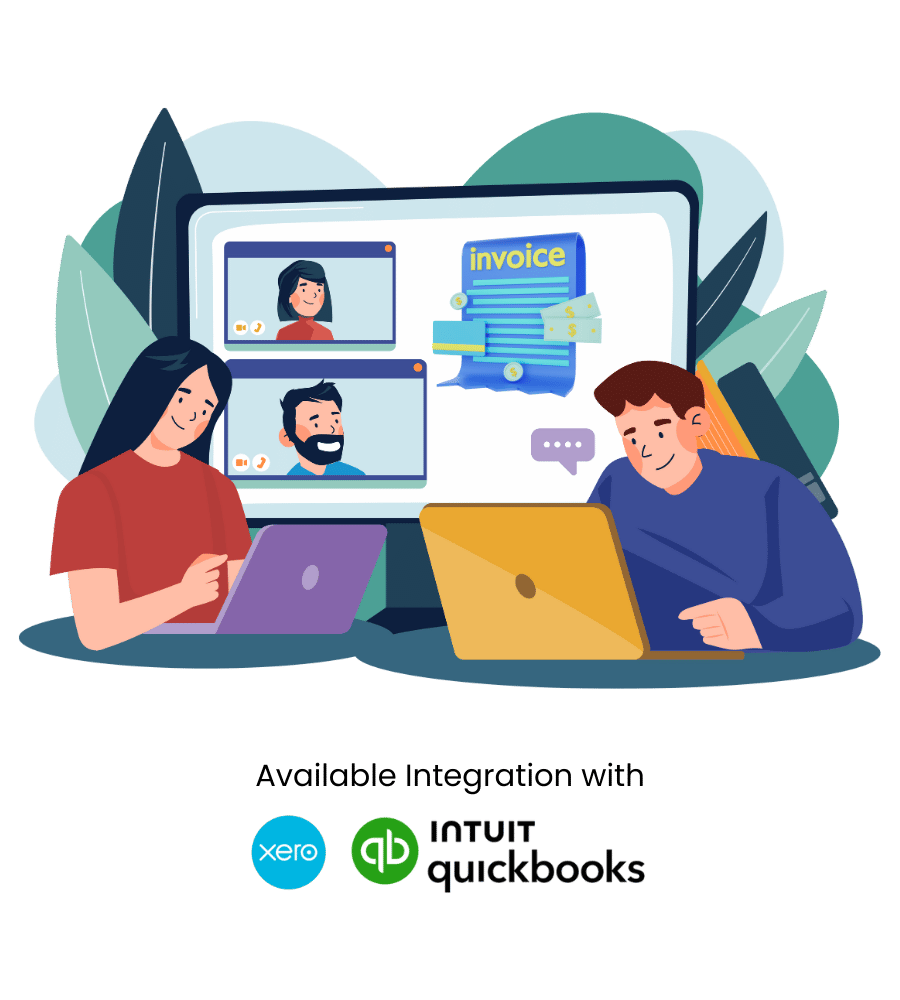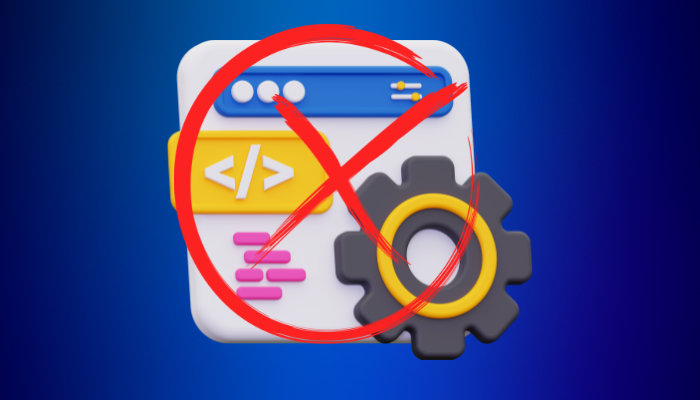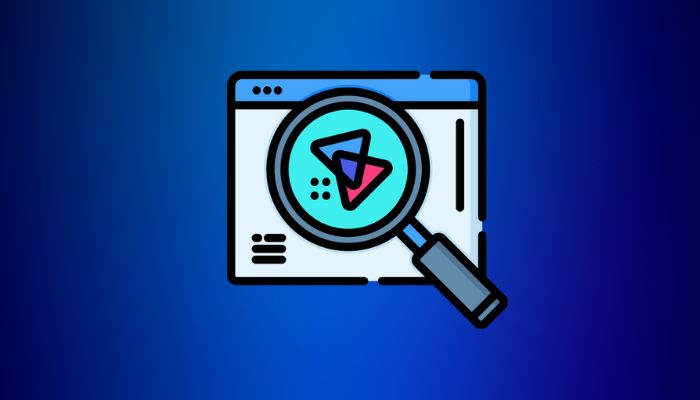Introduction to eInvoicing in Malaysia
An overview of Malaysia's digital transformation and the government's push for eInvoicing, including compliance requirements such as LHDN's Peppol eInvoicing framework.







Introduction to eInvoicing in Malaysia
An overview of Malaysia's digital transformation and the government's push for eInvoicing, including compliance requirements such as LHDN's Peppol eInvoicing framework.
Introduction of Assist.biz
Assist E-Invoice integrates with Xero and QuickBooks, automates data entry, syncs in real-time, detect duplicated invoice, and fully-compliance with LHDN Malaysia.
AI-Powered OCR Technology
Assist.biz's OCR scans invoices, automatically extracting key data and seamlessly sending them as eInvoices. It ensures accuracy, efficiency, and full compliance with LHDN regulations.
The Importance of E-Invoice
eInvoicing helps reduce manual errors, ensuring greater accuracy and efficiency while also ensuring compliance with regulatory requirements.
How Assist.biz Simplifies eInvoicing
Assist.biz enhances operational efficiency by reducing processing times, ensuring compliance with eInvoicing regulations, and detecting duplicates for greater accuracy
Interactive Q&A Session
Join our interactive Q&A session to address concerns about transitioning to eInvoicing and explore customization options tailored for Malaysian businesses.
No new Accounting software, no workflow disruptions. Keep your existing finance workflow with no costly or time-consuming changes.

Get E-Invoicing Ready in Under a Week! 🚀 Stay compliant quickly with a fast, hassle-free setup.

Effortlessly submit invoices, minimize errors, and ensure LHDN compliance.

Seamlessly works with both paper & digital invoices—no need to switch systems.

Our system detect a duplicate invoices automatically, saving you from costly mistakes.

Get a solution that’s 60% cheaper than competitors, with a free lifetime trial and no strings attached.

Simplify data extraction with cutting-edge Optical character recognition or optical character reader (OCR) technology, delivering speed and precision in every task.

Overall, my experience with ASSIST has been fantastic. My main suggestions are to enhance user guidance with more detailed tutorials or onboarding resources to make it easier for new users. Expanding language options and adding more customization features would also greatly improve the user experience.
ASSIST is a very reliable platform to help companies manage invoice/receipts/claims as it allow fuss free uploading of documents without manual typing on the system. Thus this helps companies to efficiently (by saving time) carry out their tasks with high accuracy.
ASSIST’s Optical Character Recognition is excellent! It not only handles invoices and receipts but also seamlessly supports bank statements, making document management easier and more efficient
An e-Invoice is a digital representation of a transaction between a supplier and a buyer, formatted in a structured, machine-readable manner. It is a file created in the format specified by the IRBM (i.e., in XML or JSON file format) and not in the form of PDF, JPG and etc.
The e-Invoice must be generated in the form of XML or JSON file format, in accordance with the requirements outlined by the IRBM. Refer to e-Invoice Software Development Kit (SDK) Microsite via the following link - https://sdk.myinvois.hasil.gov.my for the sample of XML / JSON.
You can streamline your e-Invoicing process with LHDN-compliant solutions like Assist.biz (available Free Lifetime Trial with no commitment) ensuring smooth and hassle-free compliance with Malaysian regulation.
Failure to comply with this requirement may lead to significant consequences, including penalties or fines imposed by the Inland Revenue Board (IRB). Non-compliance could also result in delays in tax filings, rejection of manual invoices, and difficulties claiming tax refunds, which could disrupt business operations.
Yes, all taxpayers undertaking commercial activities in Malaysia are required to issue e-Invoice, in accordance with the phased mandatory implementation timeline.
Currently, there are no industries that are exempted from the e-Invoice implementation. Note that certain persons and types of income and expense are exempted from e-Invoice implementation.
All taxpayers are required to implement e-Invoice. e-Invoice will be implemented in phases according to annual turnover or revenue thresholds as stated in the statement of comprehensive income in the Financial Year 2022 Audited Financial Statements.
You may contact us through the following channels for any queries or concerns regarding:
Alternatively, taxpayers may reach out to the e-Invois HASiL Help Desk Line at 03-8682 8000, available 24 hours a day, from Monday to Sunday OR chat with us via the MyInvois Live Chat at https://www.hasil.gov.my/en/e-invoice/contact-us.
Issuance of self-billed e-Invoice is only permitted for circumstances that are provided under the e-Invoice Specific Guideline. Where the transaction does not fall within the e-Invoice Specific Guideline, taxpayers are not allowed to issue self-billed e-Invoice.
Failure to issue e-Invoice is an offence under Section 120(1)(d) of the Income Tax Act 1967 and will result in a fine of not less than RM200 and not more than RM20,000 or imprisonment
not exceeding 6 months or both, for each non-compliance.
The e-Invoice validation by IRBM will be done in near real-time, generally in less than two (2) seconds. Refer to the e-Invoice Specific Guideline for further details.